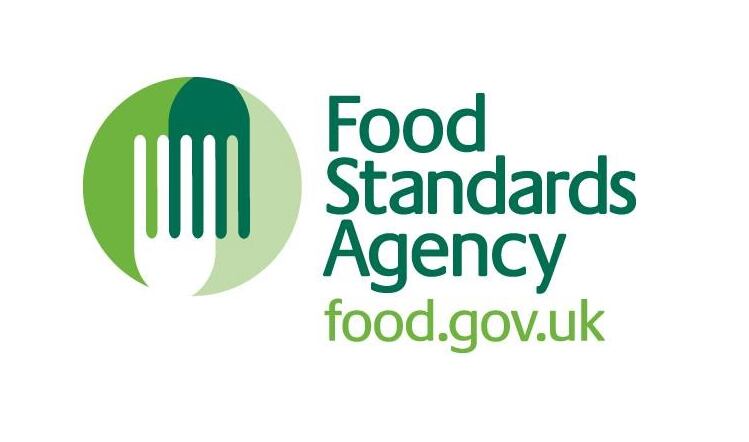Its annual report on local authority food law enforcement found a 6.4% decrease (5,322) in formal food hygiene enforcement actions against food and drink establishments, including manufacturers and suppliers, for the period April 2017 to March 2018. Formal food standards enforcement actions fell 22.9% to 411.
However, the number of businesses subject to written warnings rose for both hygiene (up 2.6% to 150,539) and standards (up 6.1% to 20,483) failings.
The percentage of food businesses across the three countries achieving broad compliance was 90.2%, up from 90% in the previous year. A further 4.7% of all food establishments were rated as having an unsatisfactory level of compliance, compared with 5.0% in the previous year.
Food hygiene interventions
Inspections and audits accounted for 68.6% of all food hygiene interventions (240,473), while sampling visits were the least – 3.5% with 12,165 visits.
Nina Purcell, director of regulatory delivery at the FSA, said: “It’s encouraging that local authorities have made improvements in the percentage of interventions achieved and are continuing to target their activities at food businesses where food safety risks are the highest or where food fraud is more likely.
“However, the 10% reduction in sampling by local authorities remains an issue and while the percentage of interventions are increasing there remains a shortfall of 13% for food hygiene. The low percentage of planned interventions achieved for food standards is also a continuing concern.”
New scorecard system
The FSA is now identifying and monitoring local authorities that are having difficulties with the planning and delivery of food law enforcement using a new scorecard system, said Purcell.
“This is a digitally-enabled tool which uses additional internal and external data, including FHRS data, to help provide a more rounded and more up-to date-picture of performance,” she added. “This will also enable us to more easily visualise performance data on a national basis.”
The full report can be found on the FSA’s website.
Meanwhile, the FSA has claimed figures showing that more than a fifth of targeted meat sample tests in 2017 found DNA from unlabelled animals are “not representative of the food industry”.





